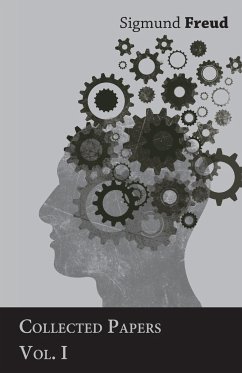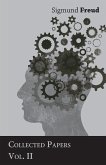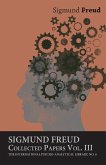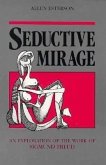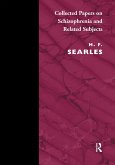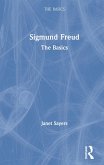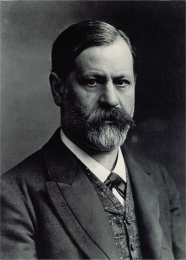This vintage book contains the first volume of Sigmund Freud's seminal "Collected Papers". These papers constitute the basis for psychoanalysis, all of his other work being essentially founded on the clinical investigations of which these papers are the only published record. It offers the reader a comprehensive chronicle of his work, of the development of his ideas, and of psychoanalysis in general. This volume will appeal to anyone with an interest in Freud or psychoanalysis, and it will be of special utility to students. Chapters include: 'On Psychical Mechanism of Hysterical Phenomena', 'Some Points in a Comparative Study of Organic and Hysterical Paralysis', 'The Defence of Nero-Psychoses', etcetera. We are republishing this antiquarian volume in an affordable, high-quality, and modern edition - complete with a specially commissioned biography of the author.

